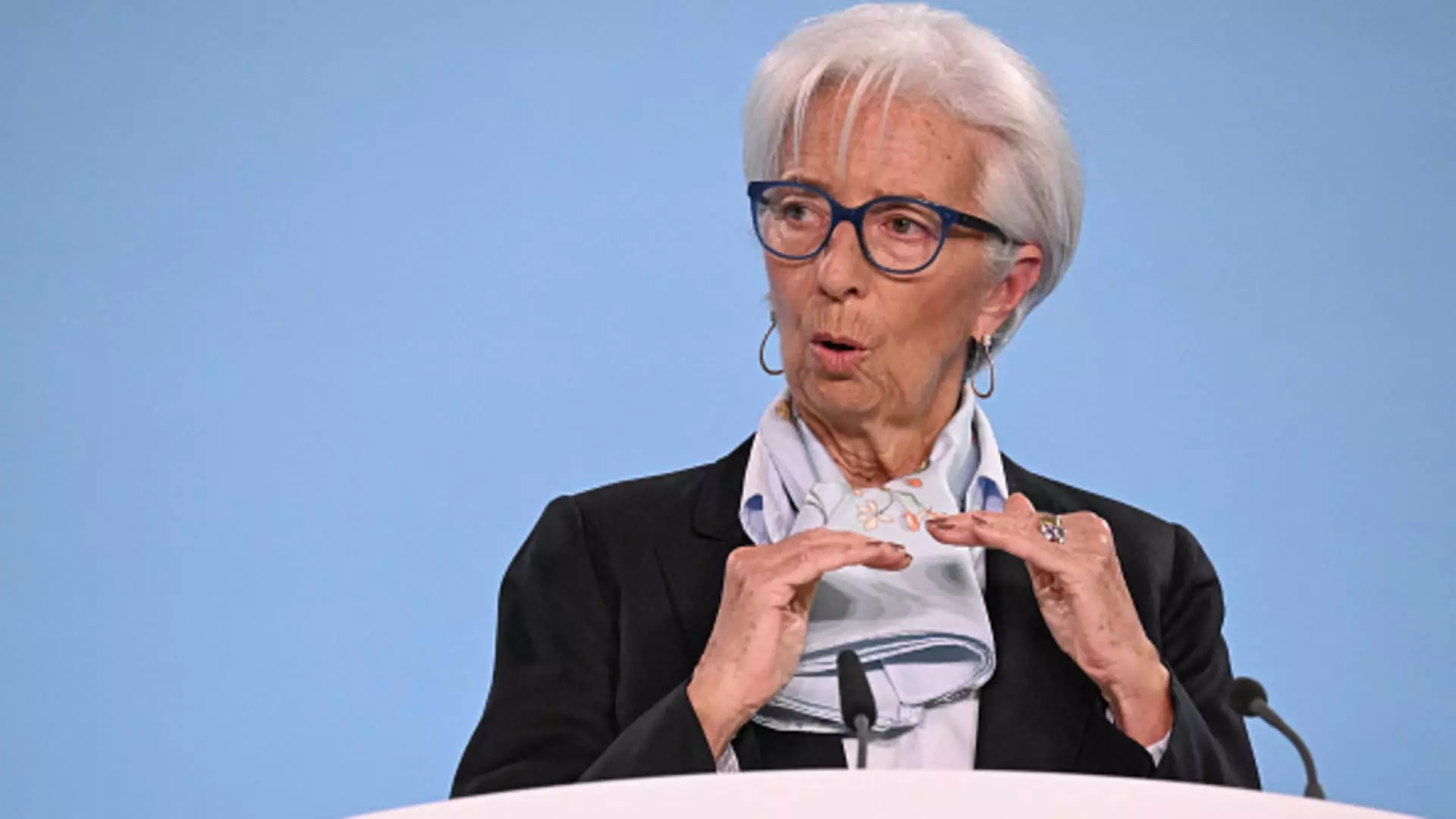The European Central Bank (ECB) and the Federal Reserve have been diverging in their approaches to interest rate cuts, with the ECB signaling a potential rate cut in June while the Federal Reserve held rates steady in a recent meeting. This divergence is expected to have a “particularly negative” impact on the 20-nation euro zone, according to economists.
Economist Daniel Lacalle from Tressis Gestion expressed concerns about the ECB cutting rates ahead of the Federal Reserve. Lacalle warned that a rate cut by the ECB could signal weakness in the euro, leading to an increase in the import bill for the euro zone. This, in turn, could make it more challenging for the euro area to grow economically. Lacalle also noted that a rate cut may not necessarily result in increased credit demand from businesses in countries like Germany, France, or Spain. He attributed this lack of credit demand to the economic and investment opportunities being curbed by regulations and the misguided energy policy of the euro area.
ECB President Christine Lagarde has indicated that the central bank is likely to cut interest rates in the near term, barring any additional shocks. Lagarde emphasized the need to build confidence in the disinflationary process before moderating the restrictive monetary policy. Recent data showed that prices in the euro area remained steady at 2.4% in April, with the economy returning to growth in the first quarter of the year. However, GDP for the fourth quarter of the previous year was revised to show a 0.1% contraction, indicating a technical recession in the euro zone.
Lacalle dismissed the notion that high interest rates in Europe were the primary cause of sluggish economic growth in the euro zone. He attributed the economic weakness to factors such as the bloc’s energy policy, regulatory measures, and farming and agricultural policies. Lacalle’s perspective challenges the prevailing market narrative and highlights the need to consider multiple factors influencing economic performance.
The divergence in interest rate policies between the ECB and the Federal Reserve is expected to have a significant impact on the euro zone. While the ECB appears poised to cut rates, concerns about the potential consequences of such a move have been raised by economists. It is crucial for policymakers to carefully assess the broader economic landscape and address structural issues affecting economic growth in the euro zone.


Leave a Reply